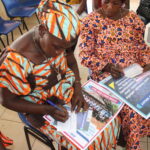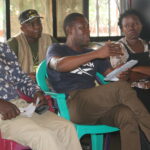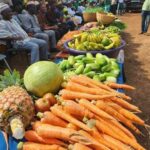Strengthening decentralized Multi-Actor process to support national agenda of food self-sufficiency
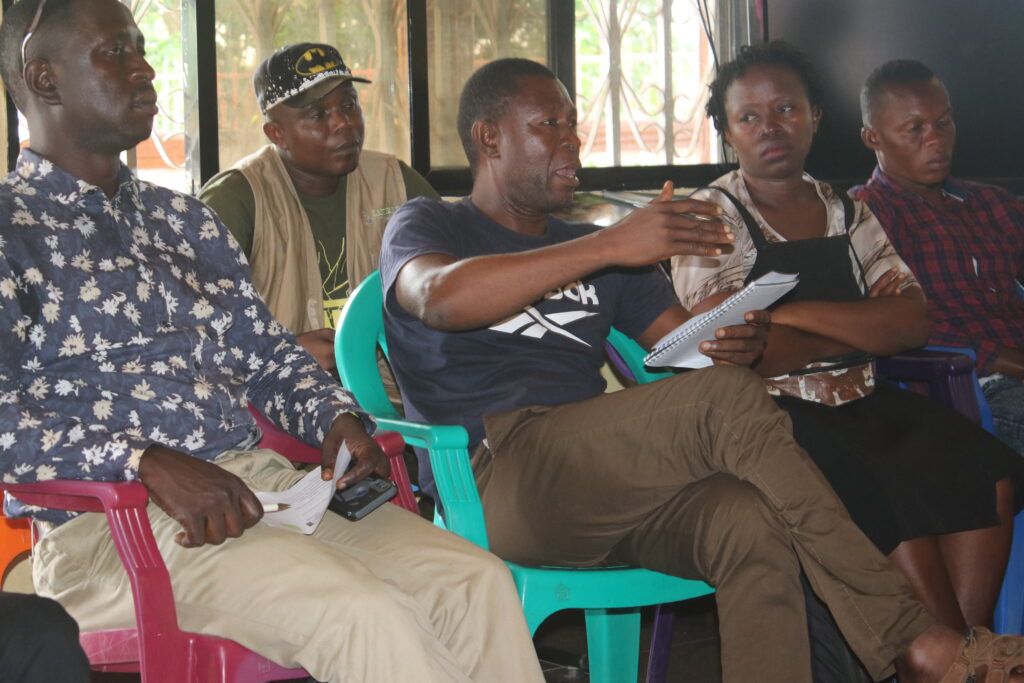
Food self-sufficiency is now a firmly voiced need in every third-world country. With the growth in population, climate change, and the rise in global warfare, many African countries, to be specific, are now faced with the challenge of feeding their rising population. Crop losses have also contributed to a rise in malnutrition in several parts of Africa. Hence the need for strong advocacy for an increase in food production.
Sierra Leone and the 2022 World Hunger Index Report
The 2022 World Hunger Index Report exposes the severity of food insecurity in third-world countries, as well as how regional progress against hunger has halted over the years. Sierra Leone, for example, is one of the world’s hungriest countries. With its vast arable land and youthful population, the country is unable to grow what it requires and consume what it could grow. A variety of factors may have contributed to the country’s food and agriculture crises. For many, the country’s already existing food insecurity could not be alleviated by a lack of attention paid to producing key commodities (rice and other types of wheat), limited government investment, climate change, and a lack of proper equipment and skills. Food security has been shown to largely correlate with poverty in the country. About 30.1 percent of households nationally are categorized as “very poor” in terms of their spending on food, while 23.4 percent can be described as “poor”. This means that over half (53.5 percent) of households are vulnerable in terms of their expenditure on food. In rural areas, poverty levels are even more pronounced, with 63 percent of households in the poor or very poor groups (WFP/CFSVA, 2016).
The Historical Trend of Food Security Campaign in Sierra Leone.
The Civil War in Sierra Leone ended in 2002 after 11 years of fighting. Many individuals who had fled the conflict and were searching for food to survive died as a result of the unimaginable hunger and malnutrition brought on by the war. The Poverty Reduction Strategy Paper (P R S P), which was highly disseminated throughout the nation with seeds and seedlings handed to certain farmers, was the government’s effort to assure food security and that by 2007, no Sierra Leonean will go to bed hungry. In 2004, President Tejan Kabba gathered the country’s civil society organizations to aid in the execution of the PRSP after seeing and recognizing the role they would play in the area of food security. In 2013, the Voluntary Guidelines on Governance of Tenure was introduced in Sierra Leone, recognizing the crucial connections between land governance and the right to food. The efforts of the VGGT paid off with a Comprehensive National Land Policy formulated in Sierra Leone in 2015. The policy was not only to promote tenure security in the country but also to aid in the promotion of agriculture. The Responsible Agricultural Investment was introduced in Sierra Leone in 2018, and in 2019 FAO launched a project titled: “Enhancing the enabling environment for responsible investment in agriculture and food systems” in Sierra Leone. The project aimed to strengthen the capacity of policymakers and key partners to create an enabling environment for responsible agricultural investments and food systems in the country. It was funded by the German Government. The same year, a comprehensive national agricultural transformation policy was developed with the goal of doubling rice output and cattle. For many, this represented an innovation in the nation’s fight against hunger. 2019 saw the launch of the Land for Life Initiative, which later established Multi-Stakeholder Platforms in five districts: Port Loko, Tonkolili, Pujehun, Kenema, and formerly Kailahun District. In addition to resolving land disputes within and between families and communities, the platforms were tasked with developing plans for using land to improve food security and eradicate hunger in their different operational regions.
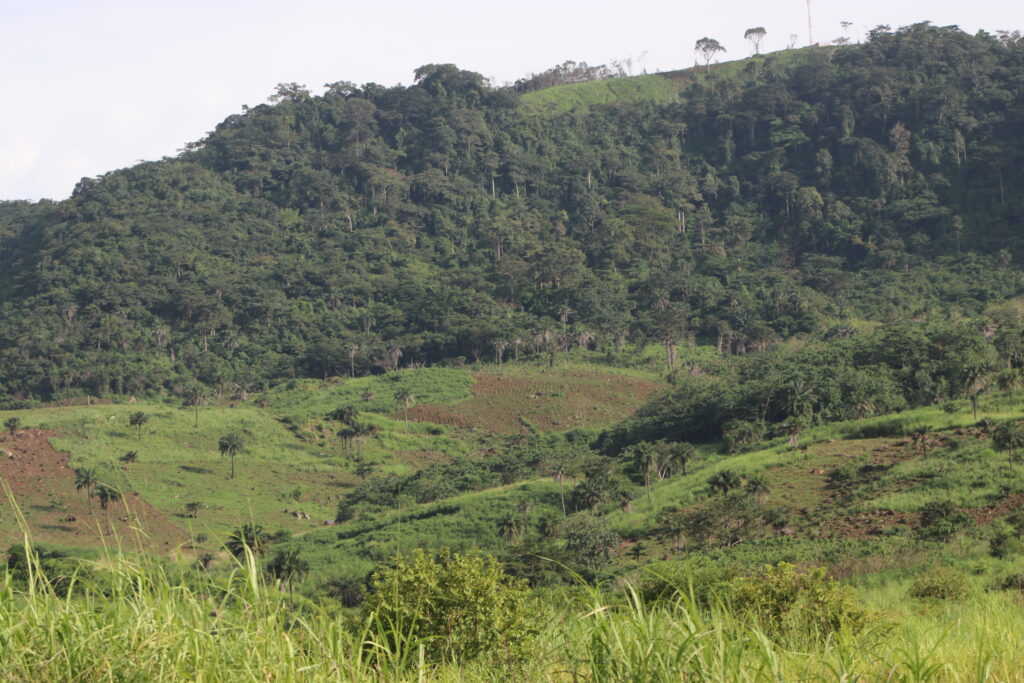
Land for Life Strengthened Multi-Stakeholders’ Platforms
As previously mentioned, decentralized Multi-Stakeholder Platforms were established as an inclusive forum for actors and stakeholders to address issues surrounding land and food security in the four operational districts of Land for Life Initiative. This was done in an effort by Land for Life to develop long-term solutions to promoting food sufficiency and governance of tenure in Sierra Leone. Due to these platforms’ excellent contributions to district development, their establishment was never seen as a mistake or afterthought.
With the increase in food insufficiency and malnutrition across the country, the role of a multi-stakeholder platform cannot be underestimated. Across the various regions where Land for Life is operating, there are arable lands. These lands are not adequately cultivated. The structure of the DMSP makes provision for the inclusion of more women. It is a reality that women make up the vast majority of temporary and casual employees in the agricultural industry, yet the majority of these women do not have the legal authority to own or utilize land. By all accounts, this reduces agricultural production. In order to improve food security, the Multi-actor partners are considering how to leverage the present Customary Land Rights Acts to acquire more land so that women may grow adequate food and have the opportunity to get loans from banks and other financial institutions in the nation.
There will be no better moment than now to enact food security legislation that will assist lead and direct food production and distribution throughout the country, therefore increasing the right to food. The DMSP’s inclusive nature provides a great foundation for working with stakeholders and CSOs to campaign for the adoption of Food Security legislation. To that end, Land for Life has been assisting DMSPs in utilizing the media as a powerful tool for channeling concerns about the right to food and exposing how starvation is wreaking havoc on the lives of children in communities. It has always been a clear call for the full engagement of all government ministries, departments, and agencies in food security advocacy. This aligns with the 2030 Agenda for Sustainable Development, which invites states and other stakeholders to. “encourage and promote effective public, public-private and civil society partnerships” that “mobilize and share knowledge, expertise, technology and financial resources, to support the achievement of the Sustainable Development Goals in all countries, in particular developing countries”.

